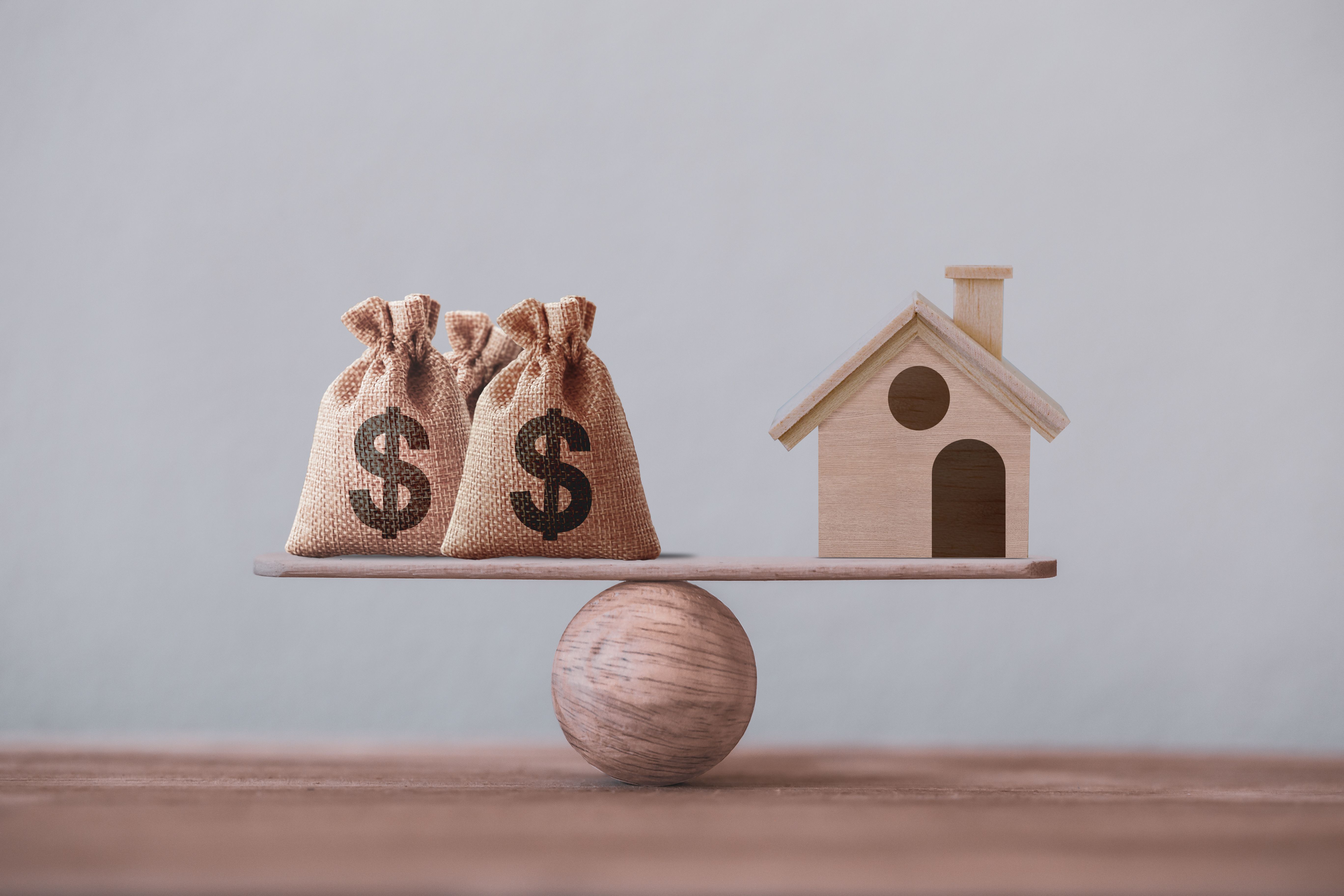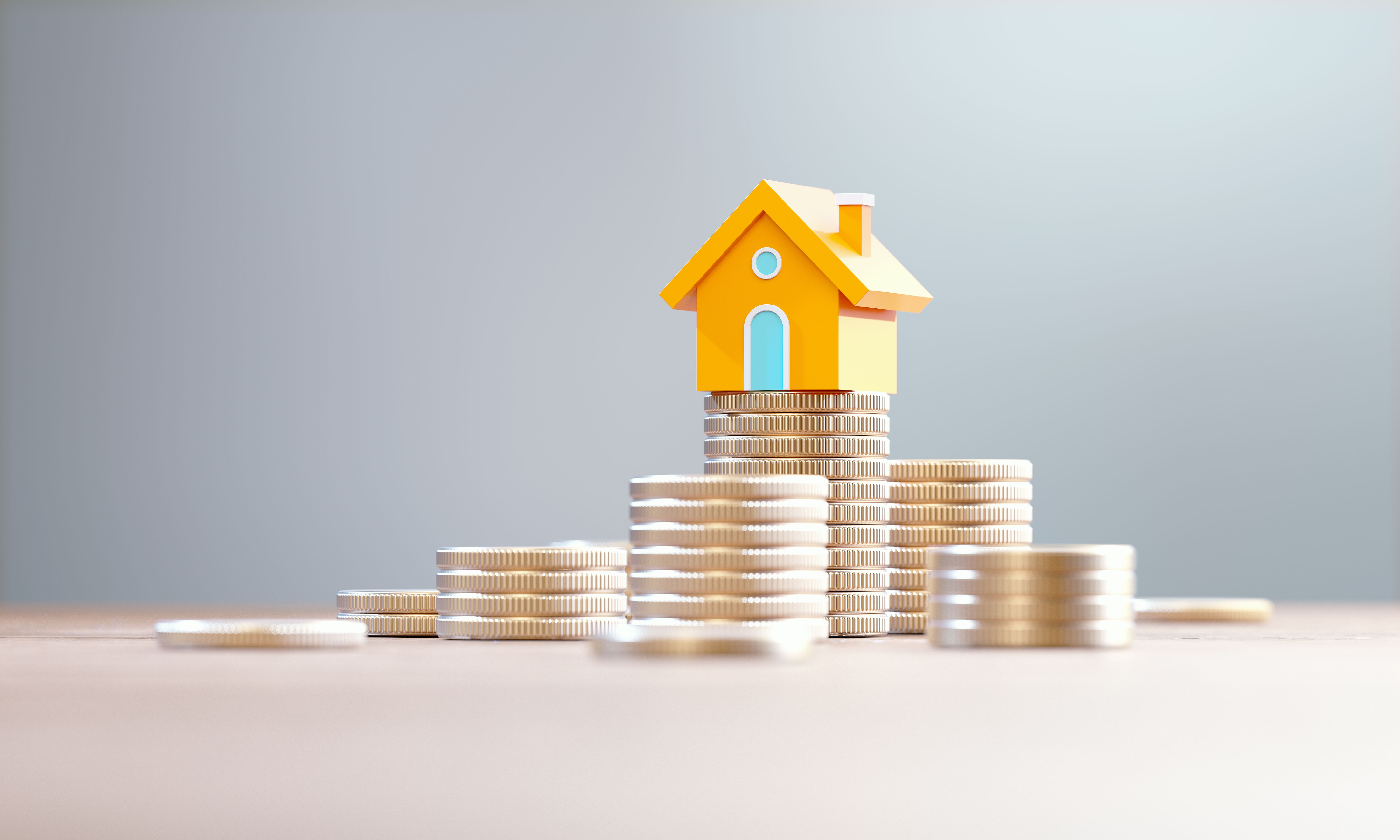Understanding Reverse Mortgages: A Comprehensive Guide
What is a Reverse Mortgage?
A reverse mortgage is a financial product that allows homeowners, typically aged 62 and older, to convert a portion of their home equity into cash. Unlike traditional mortgages, there are no monthly mortgage payments. Instead, the loan is repaid when the borrower sells the home, moves out permanently, or passes away. This tool can be particularly beneficial for those looking to supplement their retirement income.

How Does a Reverse Mortgage Work?
In a reverse mortgage, the lender makes payments to the homeowner based on a percentage of the home's value. The amount you can borrow depends on several factors, including the age of the youngest borrower, the interest rate, and the home's appraised value. Over time, the loan balance increases as interest and fees accumulate.
Borrowers must continue to pay property taxes, homeowners insurance, and maintain the home. Failure to do so can result in foreclosure. It's crucial to understand these responsibilities before proceeding with a reverse mortgage.
Types of Reverse Mortgages
There are three primary types of reverse mortgages:
- Home Equity Conversion Mortgage (HECM): This is the most common type, backed by the Federal Housing Administration (FHA).
- Proprietary Reverse Mortgages: These are private loans not insured by the government, suitable for higher-valued homes.
- Single-Purpose Reverse Mortgages: Offered by some state and local government agencies, these are intended for specific purposes, like home repairs or property taxes.

Pros and Cons of Reverse Mortgages
Like any financial product, reverse mortgages come with their own set of advantages and disadvantages. Here are some to consider:
Pros:
- No monthly mortgage payments required.
- Funds can be used for various purposes, from medical expenses to home improvements.
- Non-taxable income, as the IRS considers it a loan advance.
Cons:
- Interest and fees can add up, increasing the loan balance over time.
- May affect eligibility for certain need-based government programs.
- The loan must be repaid when the homeowner no longer occupies the home.

Who Should Consider a Reverse Mortgage?
A reverse mortgage might be suitable for retirees who have significant home equity and need additional income. It's essential for potential borrowers to assess their financial situation, considering both current needs and future plans. Consulting with a financial advisor can provide valuable insights into whether this option aligns with one’s financial goals.
Steps to Obtain a Reverse Mortgage
To secure a reverse mortgage, follow these general steps:
- Attend a counseling session with a HUD-approved counselor to understand the implications.
- Choose a lender and apply for the reverse mortgage.
- Undergo a property appraisal to determine the home’s value.
- Close the loan and begin receiving payments.
Understanding the process thoroughly can help ensure a smooth experience.
Conclusion
Reverse mortgages can be an effective financial tool for seniors looking to leverage their home equity without selling their home. However, it’s important to weigh the pros and cons carefully and consult with professionals to ensure it aligns with your financial strategy. By understanding the nuances of reverse mortgages, homeowners can make informed decisions that support their retirement goals.
